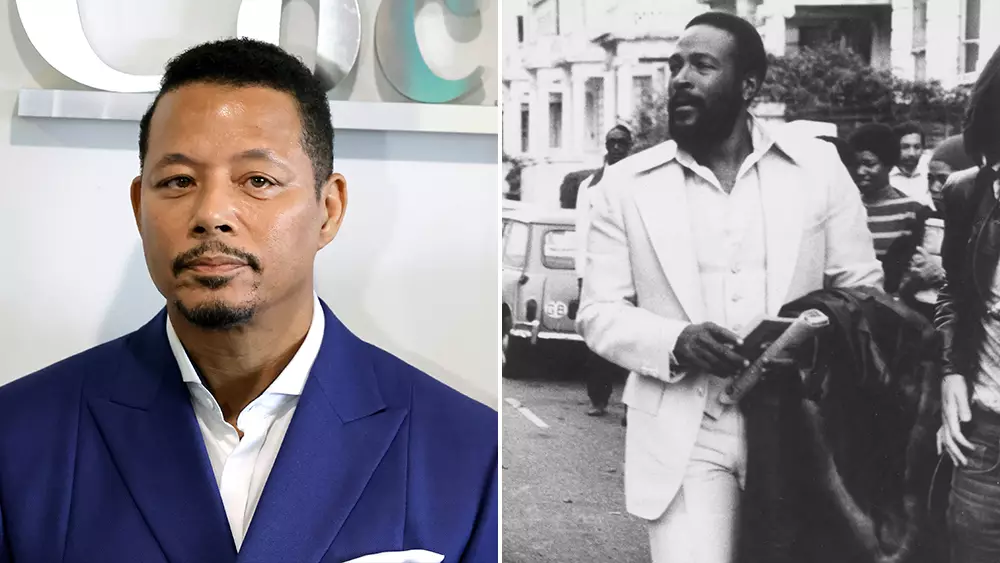Terrence Howard, a respected figure in the film industry, has recently shed light on a significant decision that continues to resonate throughout his career. While discussing his past choices on a podcast with Bill Maher, Howard addressed his rejection of a highly anticipated biopic about the iconic Marvin Gaye, directed by Lee Daniels. The actor cited the need to explore Gaye’s complex sexuality as a pivotal factor in his decision. This revelation opens an intriguing conversation about the pressures faced by artists in portraying multifaceted lives that challenge societal norms.
Howard’s decision can be seen as both a reflection of personal boundaries and an unwillingness to compromise on his artistry. He expressed his belief that to portray Gaye authentically, he would have had to engage with aspects of the musician’s life that he finds uncomfortable. In a climate where representation is increasingly significant, Howard’s stance raises questions about the boundaries artists set for themselves. His candidness highlights the internal struggle many actors face between professional opportunity and personal conviction.
The Weight of Regret and Integrity
Howard referred to rejecting the biopic as “the biggest mistake” of his career, displaying a sense of regret that suggests deeper implications about missed opportunities in his artistic journey. The invitation from Smokey Robinson, another soul legend, to depict his life story was not merely a chance to portray a music icon but a pivotal moment of recognition from a peer in the industry. Howard’s loyalty to Lee Daniels emphasizes the weight he places on integrity and commitment, yet one cannot help but ponder if the decision ultimately cost him a chance to explore a profound narrative.
Maher’s commentary that depicting Gaye would have introduced “much more drama” transforms the discussion into a broader narrative about artistic storytelling. The tragic circumstances of Gaye’s life, punctuated by the tension between his public persona and private struggles, offer rich narrative soil for any actor willing to delve into the intricacies of human emotion. Howard’s refusal to engage with this complexity not only reflects his personal limits but also a potential loss to cinematic storytelling itself.
Societal Expectations and Personal Choices
The conversation took a provocative turn when Howard expressed his discomfort with the idea of portraying same-sex intimacy. His assertion that “I couldn’t kiss a man” illustrates a boundary he feels is non-negotiable. This decision invites scrutiny regarding what is expected of actors in today’s evolving landscape of representation. While some may interpret Howard’s stance as homophobic, it is essential to recognize the complexity of personal choice in the artistic realm. His comments reflect a struggle between societal expectations for representation and personal conviction about artistry and authenticity.
Howard’s insistence on not engaging in acts he finds untenable—even for the sake of a role—challenges the notion of what it means to fully inhabit a character. His comments practicalize a broader conversation about the responsibilities of artists when confronted with narratives beyond their personal experiences. The importance of authenticity in performances cannot be diminished; however, it must also be weighed against the representation of diverse identities on screen. The dilemma he faced is a microcosm of an ongoing conversation about the intersection of personal integrity and professional obligations in a rapidly changing creative environment.
As Howard’s claims and reflections permeate public discourse, they evoke poignant questions about authenticity, vulnerability, and the evolving fabric of cinema—where personal boundaries often butt heads with the calls for deeper representation.
